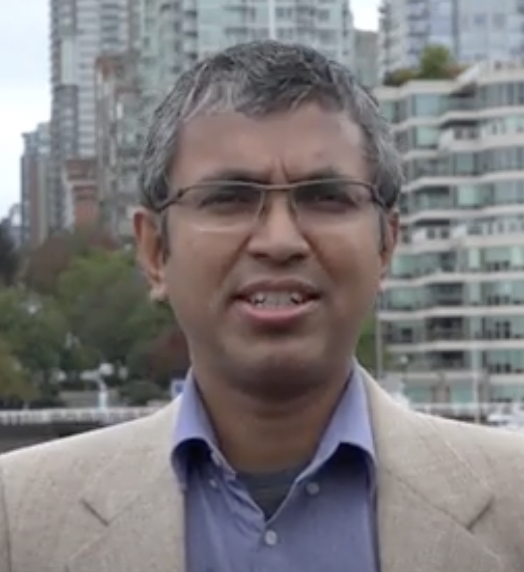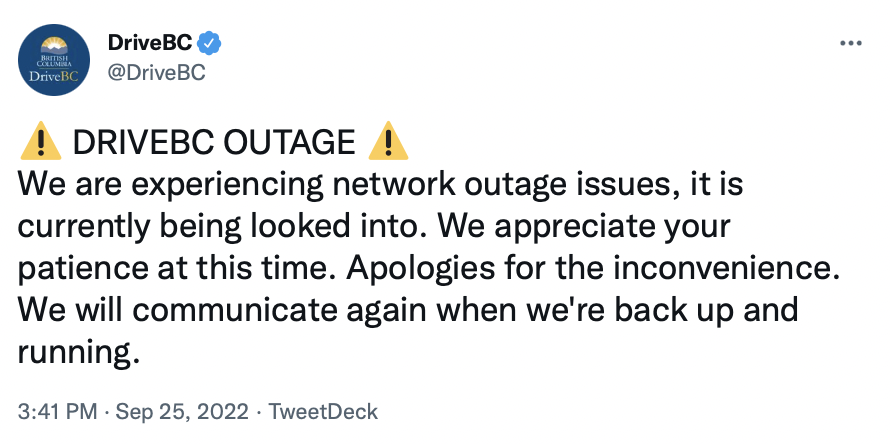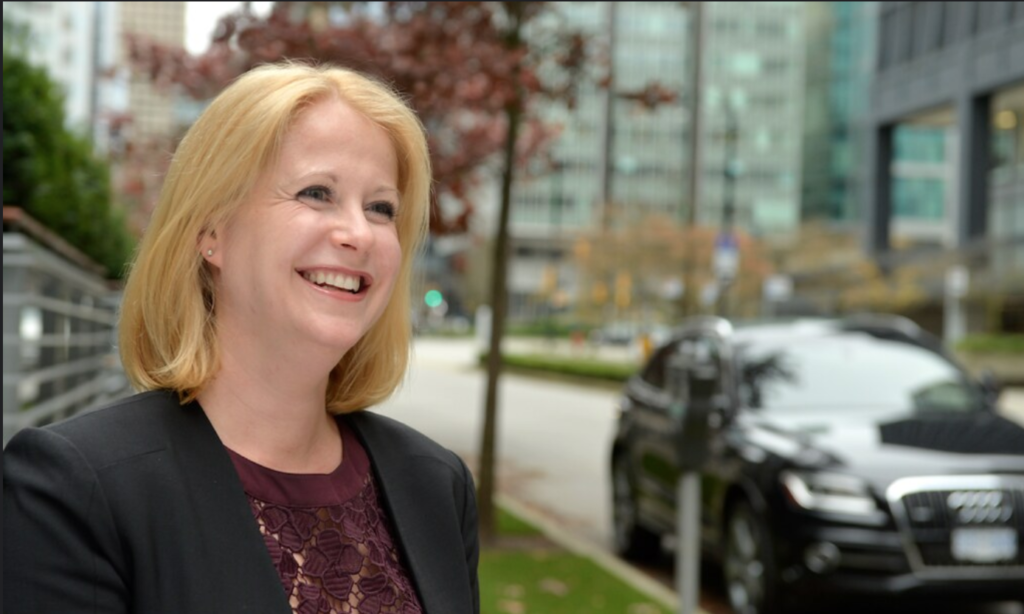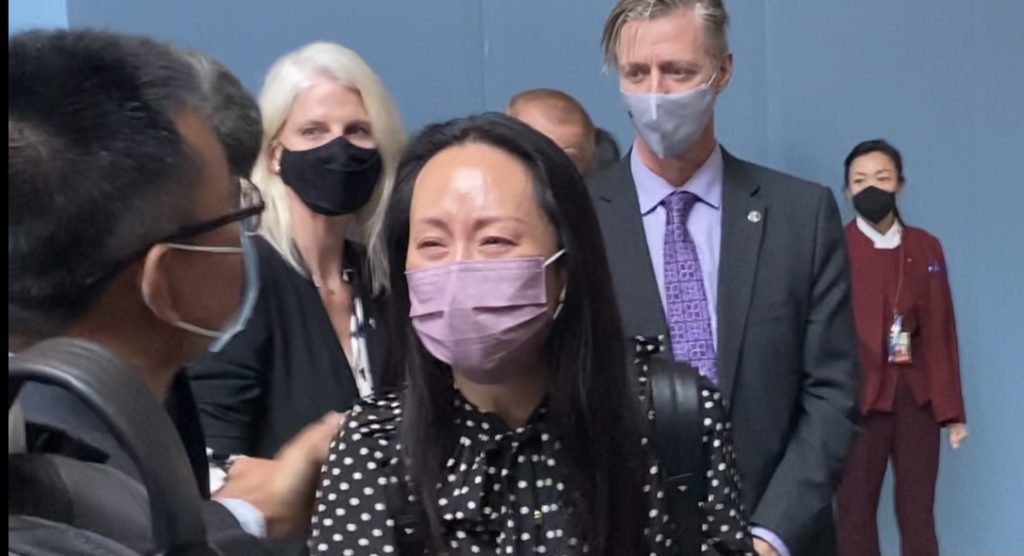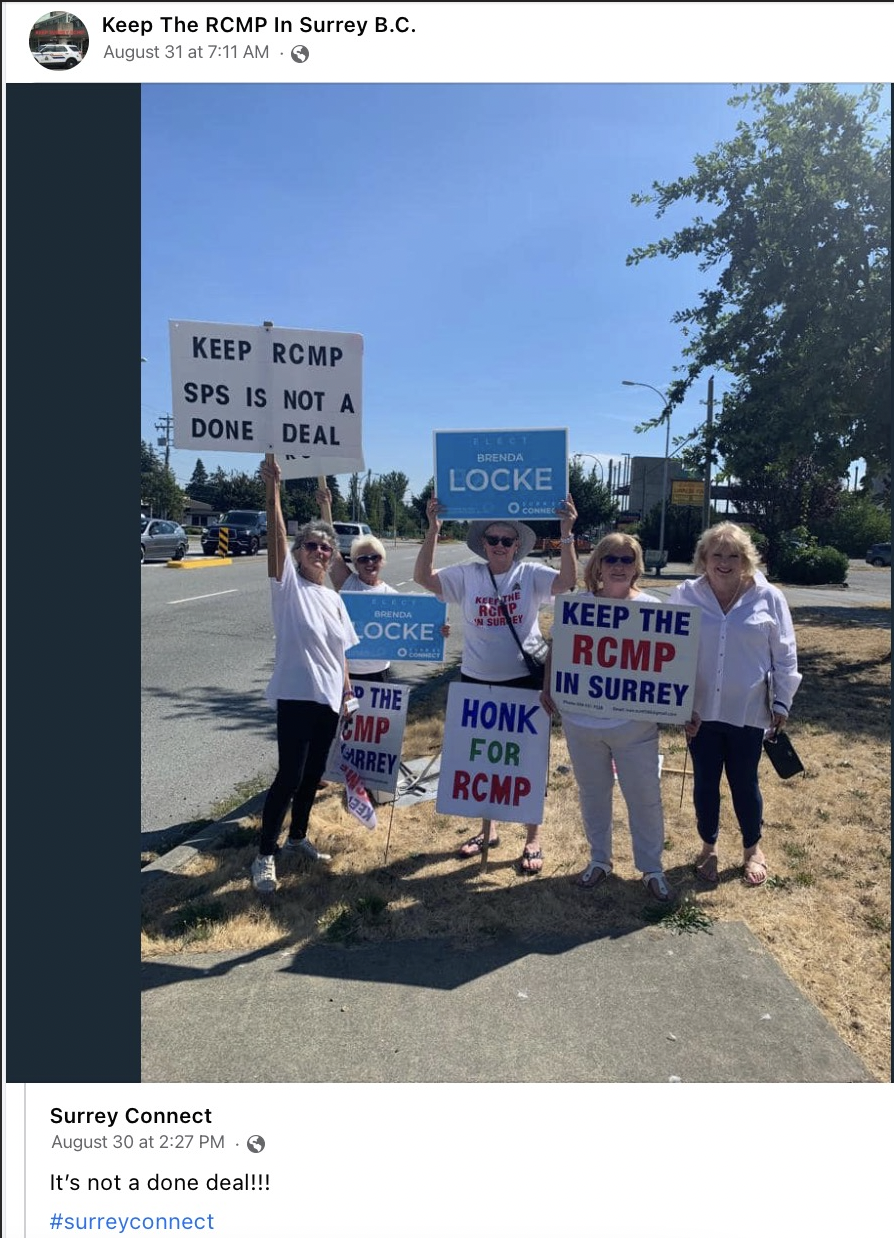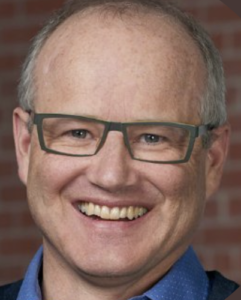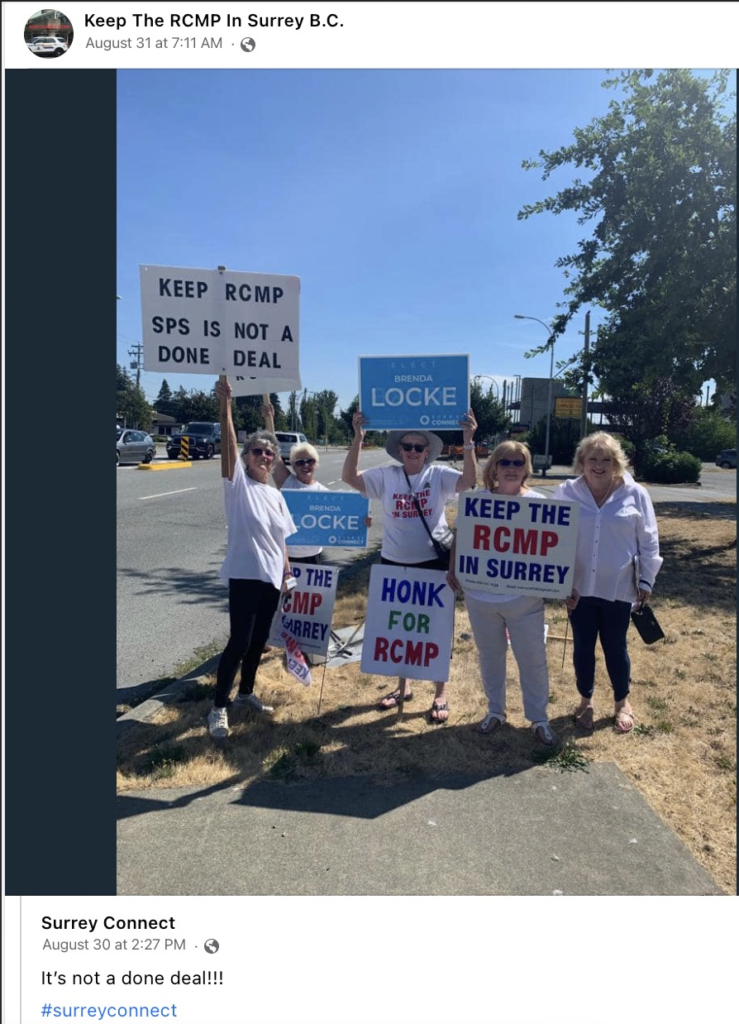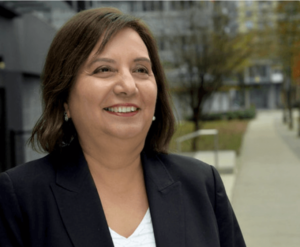Two sheared bolts caused SkyTrain derailment: FOI documents
Bob Mackin
A SkyTrain derailed near Scott Road station last May because of what TransLink has called “almost simultaneous failure of two bolts” at one of the mainline’s 124 turnout switches.
On May 30 at 7:40 p.m., two cars of a four-car Mark II train derailed: both trucks of the third car and the rear truck of the fourth car went off the rail, disrupting rapid transit service to and from Surrey for 24 hours.

Photo of the derailed SkyTrain car on May 30, 2022 near Scott Road Station (TransLink)
TransLink originally downplayed the severity, calling it a “track issue” and “stalled train” before saying the train had been “partially dislodged.” No injuries were reported, though passengers stuck on the train for a half-hour needed attendants to walk them back to the station.
Email released under freedom of information indicates that the switch, which enables a train to move from one set of tracks to another, should have received a thorough annual inspection earlier in May, but received a bi-weekly inspection on the morning of May 29. A bi-weekly inspection generally involves a track-level visual and condition assessment and lubrication of movable components. A work order log shows that technicians dealt with faults at the same turnout switch, known as DC47, from early 2021 all the way to April of this year.
Guideway supervisor Nick Micelotta’s May 31 handover report said that two “K-plate bolts sheared at the head.” The switch was not movable and that a burning smell was coming from the train. Micelotta’s report said the derailment caused extensive damage.
“LIM [linear induction motor] cap was scraped for about two track sections, concrete wall was hit by collector shoe assembly that was ripped off the train, handrail right above it was hit by the train and walkway cover inserts/bolts were torn off on one side,” Micelotta wrote.
TransLink’s rail division, B.C. Rapid Transit Co., waited for Technical Safety BC’s approval for rerail and repair. Revenue service resumed after 7:47 p.m. on May 31.
“We have never had this incident or similar incident occur before,” TransLink spokesperson Tina Lovegreen said by email.

Photo of the derailed SkyTrain car on May 30, 2022 near Scott Road Station (TransLink)
Lovegreen said the impact of trains on rail causes wear and tear and loosening of components over time.
“Immediately after this incident, we inspected all frogs [common crossings] and bolts across the system, none showed the same problem as DC47,” Lovegreen said.
A report to the Sept. 28 TransLink board meeting said the incident was a major reason why Expo and Millennium lines did not meet service delivery and on-time performance targets in the second quarter.
Operations vice-president Mike Richard said SkyTrain was 95.7% on-time, below the 96.5% target. There were 12 delays over 30 minutes, including the derailment, three switch issues, two power issues, two extended medical emergencies, two objects falling into the track, one extended trespasser in the track area and one train door problem.
TransLink has six levels of switch inspection, ranging from a daily visual inspection using a sweep train to the hands-on yearly inspection, which includes lubrication of movable components, a complete hardware condition assessment and cleaning of all components throughout the switch.
The completed inspections log for DC47 showed there had been 11 biweekly switch inspections in 2022 before the derailment, plus a hands-on quarterly in February. The work order for a May 18 annual inspection was not completed.
Three work orders in 2021 focused on problems with the fastening systems.
“Both heads on the K-plate bolts sheared off. Bolts were stuck inside the plate,” said the entry for Jan. 9, 2021.
The “K-plate bolt [was] found with its head sheared off and the bolt shank drifting out of the hole,” on July 7, 2021.

Photo of the derailed SkyTrain car on May 30, 2022 near Scott Road Station (TransLink)
The K-plate bolt appeared to be loose during Oct. 18, 2021 work, “So I went to tightened it and it was snapped already. There is history on this frog (Siemens) for adapter plate and K-plate & bolts snapping.”
Lovegreen said the bolts used were recommended and authorized by the original equipment manufacturer and there was no indication that bolt failures were specific to Siemens machines. She also said there was no “go slow zone” in place at the time of the incident at the DC47 switch.
While the incident was called a derailment by SkyTrain managers throughout the email disclosed, TransLink’s communications department refers to the incident as a “dislodgement.” Richard repeated the same word during his Sept. 28 presentation to the TransLink board.
“Given only one part of the train was dislodged from the track, it was more appropriate to refer to the incident as a partial dislodgment,” Lovegreen said.
Support theBreaker.news for as low as $2 a month on Patreon. Find out how. Click here.
Bob Mackin A SkyTrain derailed near Scott Road








